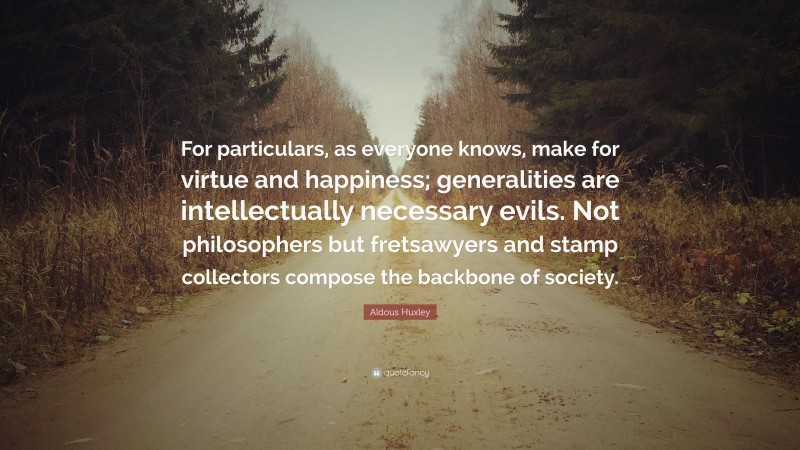
3 The two groups came to the term historical poetics differently, and their members refer to each other only rarely and in passing. One group of scholars working in historical poetics writes primarily on 19th-century British and American poetry another works primarily in classics and on Russian literature and literary theory.

In answering these questions, scholars have adopted diverse theoretical positions, performed a range of analytical maneuvers, and addressed very different materials.

2 Above all, the call for an historical poetics encouraged critics to ask not just what the terms history and poetry can mean, but why history and poetry, together, seem valuable. 1 The call for an historical poetics responded to New Historicism and to later historicisms, which were sometimes said to neglect questions of structure, form, and technique. In particular, the call for a newly historical poetics responded to New Formalism and to earlier formalisms, which were sometimes said to neglect history.

In the 21st century, various literary critics have sought to manage these competing imperatives by developing an “historical poetics.” This desire to think again about the relation between poetics and history was a response to major developments in late 20th-century literary criticism. If poetics customarily deals with generalities, history seems to insist on particulars. The history to be valued in such cases is not a ground or world beyond the poem, but the event of the poem itself. In this mode, historical poetics aims both to restore poems to their proper historical moment and to show how poems work across history. This is to emphasize the singular over the common and repeated. The cultural history of poetic forms thus becomes a history of social thought and practice conducted through poetry.įor other critics, however, the historical significance of a poem lies instead in the way it challenges the poetics of its time. These methods allow critics to tell histories of poetry and to reveal a history in poetry. Sometimes this work has involved extensive archival research, examining memoirs, grammar books, philological tracts, and other materials in order to discover how poetry was conceived and interpreted at a particular time. Much work in historical poetics has focused instead on problems of genre and reception, seeking the historical significance of poetry in what is common and repeated. Both approaches tend to reject received notions of the aesthetic or literary, with their emphasis on the individual poet and on the poem’s organic unity. Some critics have pursued an historical poetics by conducting quantitative studies of changes in metrical form, while others have investigated the social uses to which poetry was put in the cultures of the past. In the 21st century, various literary critics have sought to manage these competing imperatives by developing an “historical poetics.” These critics pursue sometimes very different projects, working with diverse methodologies and theoretical frameworks, but they share a desire to think again about the relation between poetics and history.


 0 kommentar(er)
0 kommentar(er)
